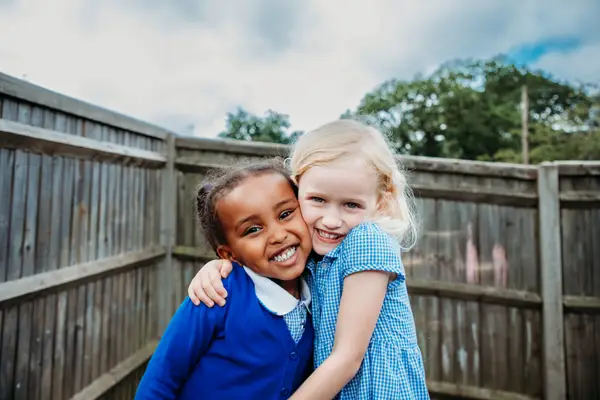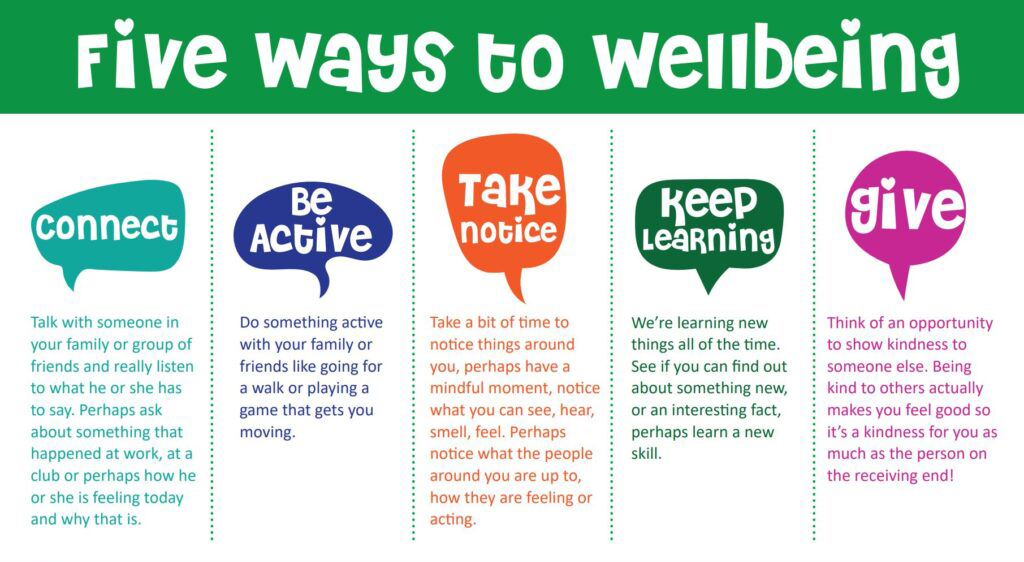
PSHE stands for personal, social, health and economic. That’s why we tend to say ‘PSHE education’ instead of always abbreviating it to ‘PSHE’. The ‘E’ in PSHE covers economic wellbeing and careers – vital parts of the subject that mustn’t be ignored.
We also compliment our PSHE lessons using a programme called Lyfta which nurtures curious, compassionate, and critical thinkers through awe-inspiring storyworlds. Each week, the children visit a new storyworld in Lyfta as part of assembly as well. To learn more about Lyfta, visit the link here.
At JRS, we have daily assemblies, many which focus on Mental Health and the importance of discussing this topic openly in school and at home via our school communications. The ‘Five Ways to Wellbeing’ is one such thing we may discuss to help children and adults keep this balance in check.

This an important part of PSHE education, and you can view our policy on the policies page of this website.
We believe that knowledge empowers and protects children as long as it is age-appropriate. At secondary school, Sex Education is statutory and at JRS we believe it is vital to prepare all of our children, including those with SEND, with accurate and scientific knowledge about puberty and human reproduction before they transfer to secondary school.
Correct terminology for body parts is introduced early to normalise this biological vocabulary and to support safeguarding. These words are not used in isolation but always in conjunction, ensuring children know these are private parts of their bodies. Regular assemblies also remind pupils of the PANTS rule. (More information can be found on the NSPCC site here.)
Below is a summary of RSE coverage in the curriculum for each year group:
*If parents/carers wish to withdraw their child from the Sex Education elements of the RSE curriculum, they should contact the Executive Head Teacher. Please note that Sex Education is not the same as Relationships Education so a conversation with school is important to ensure there is a full understanding of the aspects of the curriculum a child can be withdrawn from.